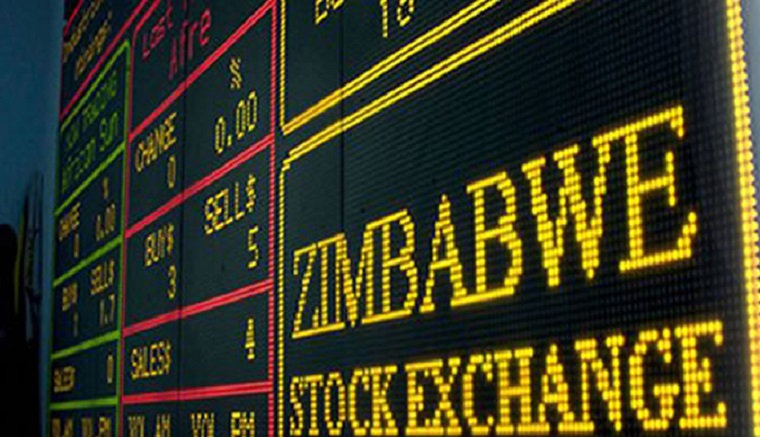 The Zimbabwe Stock Exchange’s main industrial index dropped 27.82 percent in November to 376.69 points following a politically induced self correction phase, but doubts over the new cabinet’s ability to deliver has seen a bouncing back of sorts in the final week of the month.
The Zimbabwe Stock Exchange’s main industrial index dropped 27.82 percent in November to 376.69 points following a politically induced self correction phase, but doubts over the new cabinet’s ability to deliver has seen a bouncing back of sorts in the final week of the month.
The mining index also weakened, shedding 4.25 percent to close at 126.86 points.
The political drama started on November 14 with a military takeover of the country, which marked the end of Robert Mugabe’s 37-year old rule and eventually led to a new dispensation led by Emmerson Mnangagwa.
The local bourse has since started to recover from the losses on mixed investor reaction to the new administration.
Analysts say following the cabinet announcement with much of the old guard back in the saddle, investors are now waiting for the budget later this week to show how the government wants to move forward on economic reforms, in particular reengagement of international financiers.
In the year to date, both the mainstream and resource index have however grown by 160.63 percent and 116.82 percent respectively.
Market capitalisation dropped 27.33 percent in the month under review, from $14.8 billion in the previous month to $10.8 billion, mirroring the losses recorded by both indices. However, year-on-year, the market capitalisation has increased by 183.28 percent.
Total market turnover increased by 22.92 percent to $207.5 million from $168.8 million recorded in the previous month, the highest monthly turnover since 2009.
In comparison, the amount of turnover recorded in the month of November surpassed the annual market turnover recorded in 2016 on the local bourse. In 2016 the total market turnover for the rest of the year amounted to $193.9 million.
The largest company by market capitalisation, Delta eased 36.36 percent in the month to settle at 200.45 cents.
Continued next page
(111 VIEWS)






0 Comments